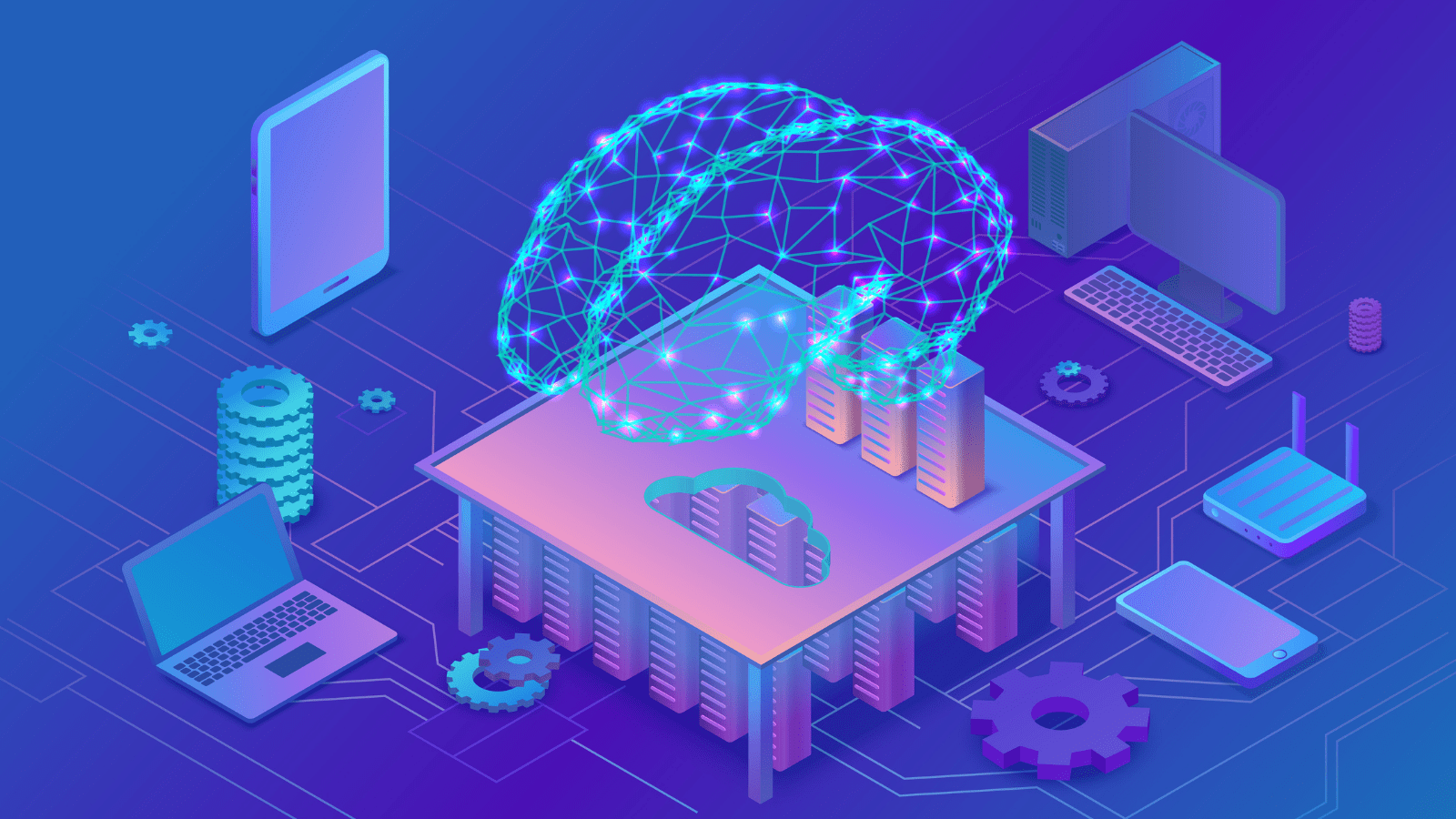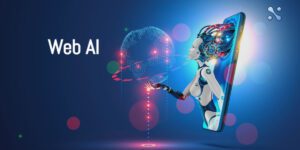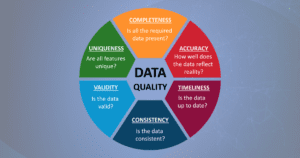In recent years, the tech industry has embraced Artificial Intelligence (AI) and Machine Learning (ML) as key drivers of innovation. These groundbreaking technologies have transformed how businesses operate, how consumers interact with products and services, and how we perceive the future of technology. What was once the stuff of science fiction is now embedded in real-world solutions, driving progress across industries from healthcare to e-commerce.
So, how exactly are AI and ML influencing the tech industry? Let’s break down their role and understand the powerful impact they’re having.
Understanding AI and ML
Before exploring their influence on the tech industry, let’s define AI and ML.
- Artificial Intelligence enables machines to perform tasks that usually require human intelligence, such as reasoning, problem-solving, pattern recognition, and decision-making. AI can be classified into two categories:
- Narrow AI: Designed for specific tasks, such as recognizing speech or identifying images.
- General AI: Theoretical at this stage, but it envisions machines that can perform any intellectual task a human can.
- Narrow AI: Designed for specific tasks, such as recognizing speech or identifying images.
- Machine Learning is a subset of AI. It focuses on algorithms that learn from data and improve over time without needing explicit programming. Instead of following predefined instructions, ML systems identify patterns in data and make predictions or decisions based on them.
There are three primary types of machine learning:
- Supervised Learning: The model learns from labeled data (where the outcomes are already known).
- Unsupervised Learning: The model analyzes data without predefined labels to discover patterns on its own.
- Reinforcement Learning: The model learns through trial and error, improving based on feedback it receives (reward or punishment).
How AI and ML Are Revolutionizing the Tech Industry
1. Automating Repetitive Tasks
AI and ML have significantly boosted automation across industries. Businesses now use these technologies to automate tasks that are repetitive and time-consuming. In manufacturing, robots powered by AI can handle tasks such as assembling products, packaging, and quality checks, ensuring efficiency and accuracy.
Similarly, in customer service, AI-driven chatbots handle inquiries around the clock, answering questions, troubleshooting issues, and processing orders without human intervention. In sectors like finance and human resources, AI algorithms streamline tasks like reviewing resumes or processing transactions, reducing human workload and errors.
By automating these repetitive tasks, businesses can save time, lower costs, and improve overall productivity.
2. Personalizing User Experiences
Companies are constantly seeking ways to improve personalization to engage users more effectively. AI and ML have enabled companies to tailor their offerings to individual preferences. For instance, platforms like Netflix and Amazon use AI to recommend movies, products, and services based on users’ past behavior. This level of personalization enhances user experience and keeps customers engaged longer.
AI also powers targeted advertising, where systems analyze user data and behavior to serve highly relevant ads. As a result, businesses see higher engagement rates and conversions, while customers enjoy a more customized experience.
3. Enhancing Data Analytics and Decision-Making
Data plays a critical role in decision-making today, but without the right tools, businesses can struggle to extract valuable insights. AI and ML have changed the game in data analytics by enabling businesses to analyze vast amounts of structured and unstructured data faster and more efficiently.
In healthcare, for example, AI-powered tools analyze medical records and images to support doctors in diagnosing conditions such as cancer, heart disease, or diabetes. In retail, AI predicts demand trends, optimizes inventory management, and forecasts future sales, all based on data analysis. The ability to make data-driven decisions faster and more accurately gives businesses a competitive edge.
4. Strengthening Cybersecurity
As cyber threats continue to grow in sophistication, cybersecurity has become more vital than ever. AI and ML play a pivotal role in protecting businesses from evolving cyber threats.
Machine learning algorithms detect unusual patterns of behavior, such as unauthorized logins or suspicious activities on a network, signaling potential security breaches. AI also helps organizations respond faster to cyber threats by automating tasks like threat detection and incident response. Additionally, AI systems continuously learn from new data, making them better equipped to predict and mitigate future threats.
This enhanced protection helps businesses secure sensitive data and maintain the trust of their customers.
5. Transforming Software Development
AI and ML are not only enhancing end-user experiences—they’re also transforming how developers create software. AI-powered tools now assist developers in writing code more efficiently. Platforms like GitHub Copilot use machine learning to suggest code, identify errors, and improve productivity by reducing the time developers spend on repetitive coding tasks.
Moreover, machine learning models are used for bug detection, software optimization, and performance analysis. By automating these tasks, AI speeds up the software development process and improves the quality of applications.
6. Advancing Natural Language Processing (NLP)
Natural Language Processing (NLP) allows machines to understand, interpret, and generate human language. This has paved the way for smarter virtual assistants like Siri, Alexa, and Google Assistant. These assistants can now engage in meaningful conversations, interpret commands, and provide relevant responses.
NLP is also improving customer service through AI chatbots, which can answer questions, process transactions, and troubleshoot issues in real time. Additionally, AI models like GPT-3 can generate human-like text, write content, and even carry on coherent conversations. These advancements are revolutionizing communication in business, allowing companies to engage with customers more effectively.
The Future of AI and ML in the Tech Industry
As AI and ML continue to evolve, their impact on the tech industry will only deepen. In the coming years, we can expect breakthroughs in areas such as autonomous vehicles, advanced healthcare diagnostics, and smarter personal assistants that anticipate our needs.
However, with these advances come significant challenges. Issues related to ethical AI, data privacy, and job displacement will need to be addressed. It’s crucial that developers, companies, and governments work together to ensure AI technologies are implemented responsibly, ensuring fair access and safeguarding privacy and jobs.
Conclusion
AI and Machine Learning are reshaping the tech industry, revolutionizing how businesses operate, how consumers interact with technology, and how we approach problem-solving. From automating repetitive tasks and personalizing user experiences to enhancing cybersecurity and software development, AI and ML are driving the future of technology.
As these technologies continue to evolve, staying informed and adaptable will be key for both businesses and individuals. Those who embrace AI and ML will be better positioned to thrive in the ever-changing digital landscape.




